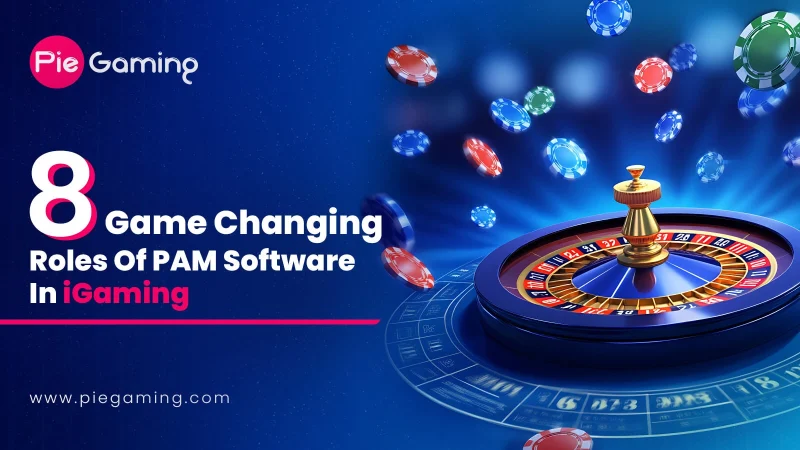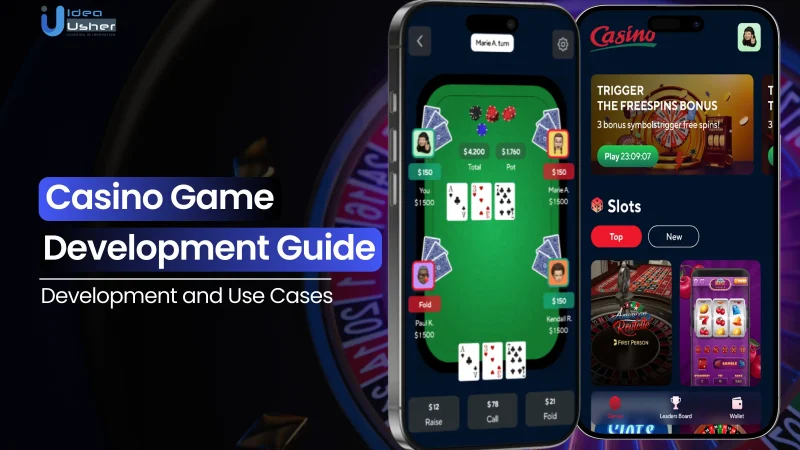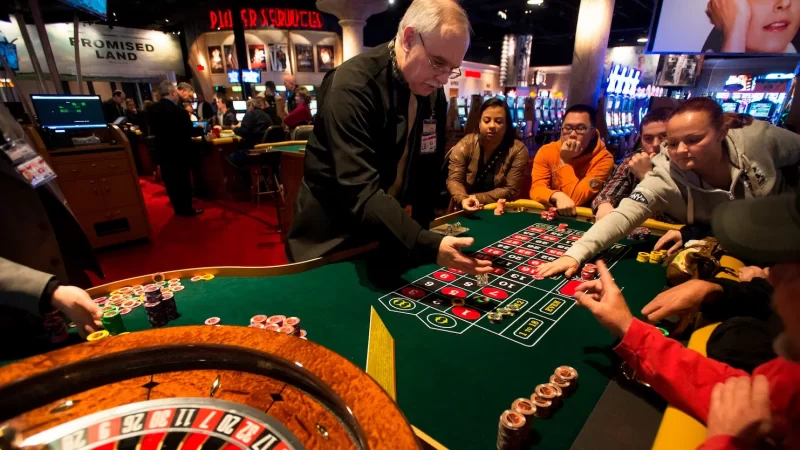Blockchain Technology in Slot Machines

Every video game has what is known as a server – the central hub for the entire set-up of the game that players experience. This means that any playerгоterra/iStock/Getty ImagesAdvantages of blockchain technology to gamesIf a game, especially one that’s online, is running on a server, it becomes more opaque to its users. ). Played digitally, there is an illusion that the games of humans are occurring on a level playing field. By introducing blockchain, some level of transparency about a game is placed back into the hands of the human players.
As a matter of principle, transparency and fairness are two of Go88’s core values, so their games feature lengthy explanations of their rules and payout structures for all their users.
Provably fair gaming
Provably fair play is a method by which individuals can improve their trust in online gambling by employing cryptographic techniques to validate the outcome of virtual games. The output of the game is made unchangeable, so that the operator cannot manipulate the game results. The method functions by taking two seeds, one from the player and one from the casino, which are then concatenated and hashed together and then checked against each of the original two seeds to determine whether the play was fair.
This offers a solution for the issue of players being suspicious that games are being rigged against them, while also cutting down on the need for third-party verification of game fairness once again (for the blackhole pool tables, it ought to suffice for the smart contract supplying testable wallet addresses for both the winning player and the provably fair lottery provider). The blockchain also allows one to backtrack what’s really happening with bets – location history, payment transfers… who knows how many more hooks one might deploy for this new type of online betting venture? It’s yet another huge selling point for crypto casinos over traditional web-based casino experiences.
Smart contracts
By experimenting with conditions and methods of participation that follow the same distributed algorithm, smart contracts can be used for tasks ranging from public lotteries (where entries are paid out at random) to betting (where the house — in this case, the blockchain-connected network of computers — takes no cut). Although each variant is distinctive, the key premise behind all smart contracts is the same: blockchain technology can minimise human error by automating processes that once required human interaction. In simple terms, instead of agreeing to a contract in writing, we create an agreement that is coded into the blockchain, which simply informs the network’s related computers of our intention. The smart contract’s terms of agreement are programmed into the code itself.
Motor City Casino in Detroit is the first in the world to feature a blockchain-inspired slot machine. When it comes to casino gaming, blockchain will revolutionise the way slots are manufactured due to its ability to offer all-important information, transparency and security that – again – increases the experience and trust of gameplay.
Although most of the big online casinos are yet to use blockchain in their schemes, soon players will flock to take advantage of the benefits, while saving on increased security data, as well as being confident that they can gamble on a site they trust.
Random number generation
If slot machines are exciting, it is in part because they use RNGs to determine where (and when) symbols land on spinning reels; if roulette is exciting, it is because it uses the same principle to decide which circle a ball will come to rest upon; and if card games and bingo are exciting, it is because they use RNGs to choose the numbers on their cards or balls. Unfortunately, this use of RNG has taught us many lessons about just how dangerous they can be.
A big problem is that if you know how the algorithm works, you can guess the next number, or sequence of numbers, before the game starts. Then the path towards cheating and drunken carousing is short indeed.
One solution is to take advantage of the decentralised nature of blockchain technology to offer random and provably fair results every time you play a casino game, obviating the need for manual payout processes while significantly reducing the cost and lifting security. Playing casino games will never be the same again – and perhaps you’ll win more often as a result!
Clear rules and payout structures
The key lies in the security guarantees of blockchain systems – which are scrutinised thoroughly before being locked into their networks with near impenetrability. This has the dual advantage of preventing mistreatment of players but also helping to make the casino games more credible. In a word, blockchain technology is ushering in a whole new approach to gaming through its networked, distributed, decentralised architecture that is becoming increasingly immersive.
Blockchain is a distributed ledger – a database of transactions maintained across multiple computers and updated in almost real-time. Every block in the ledger records an individual transaction, creating an irreversible and rigid record of activity, which is ideally suited to online gambling.
Smart contracts run gameplay for blockchain casinos, controlling not only the rules and the pay-out structure but also ensuring that either side of the agreement cannot be cheated. Players can genuinely own in-game items such as characters or weapons – so-called non-fungible tokens, or NFTs – that are designed specifically to achieve such ownership. They can also be held in escrow on the blockchain to enhance user experience across platforms.







